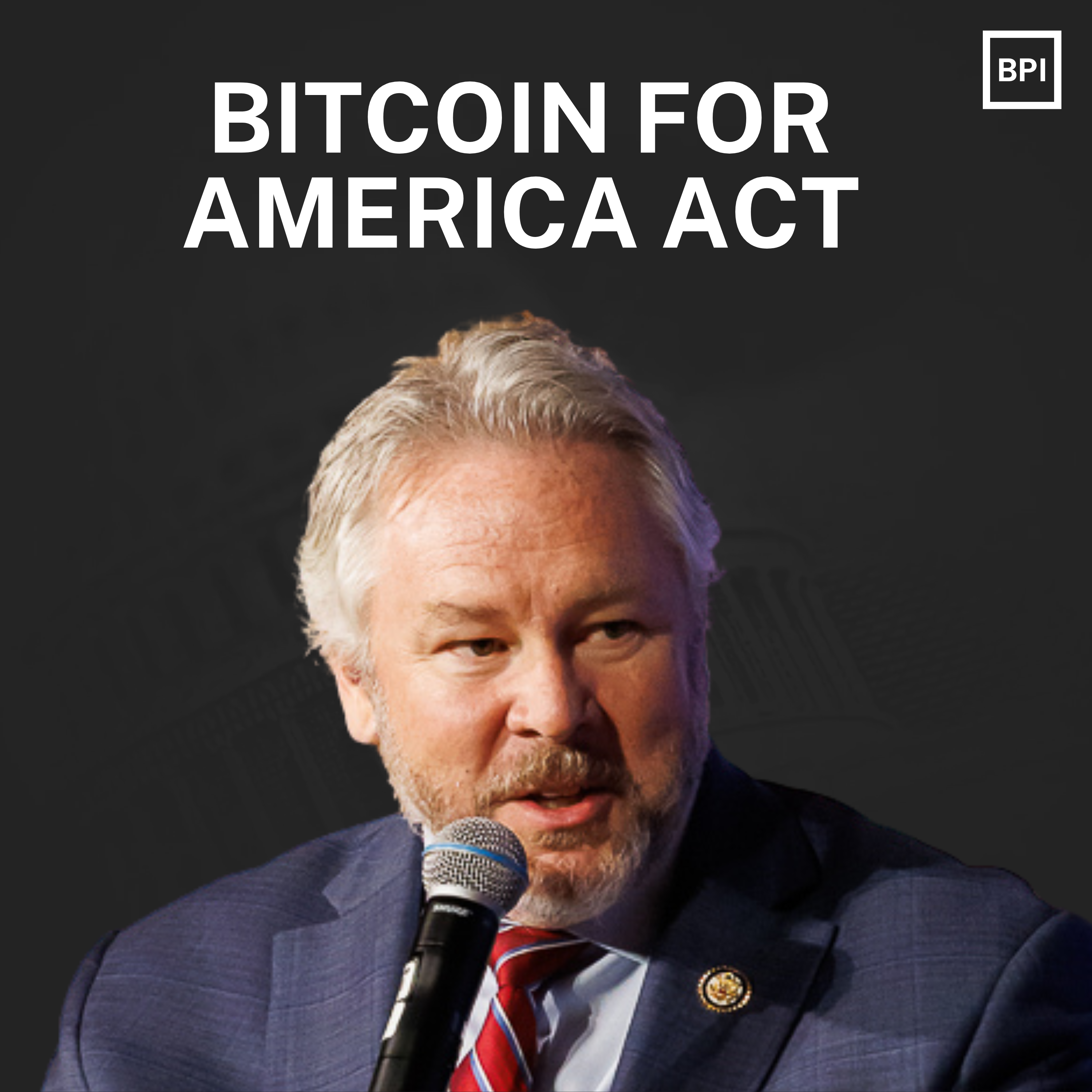El Salvador’s Big Bitcoin Promise
In this article, BPI Senior Fellow Sarah Kreps details why she believes Bitcoin adoption has lagged in El Salvador and what the path forward should look like.
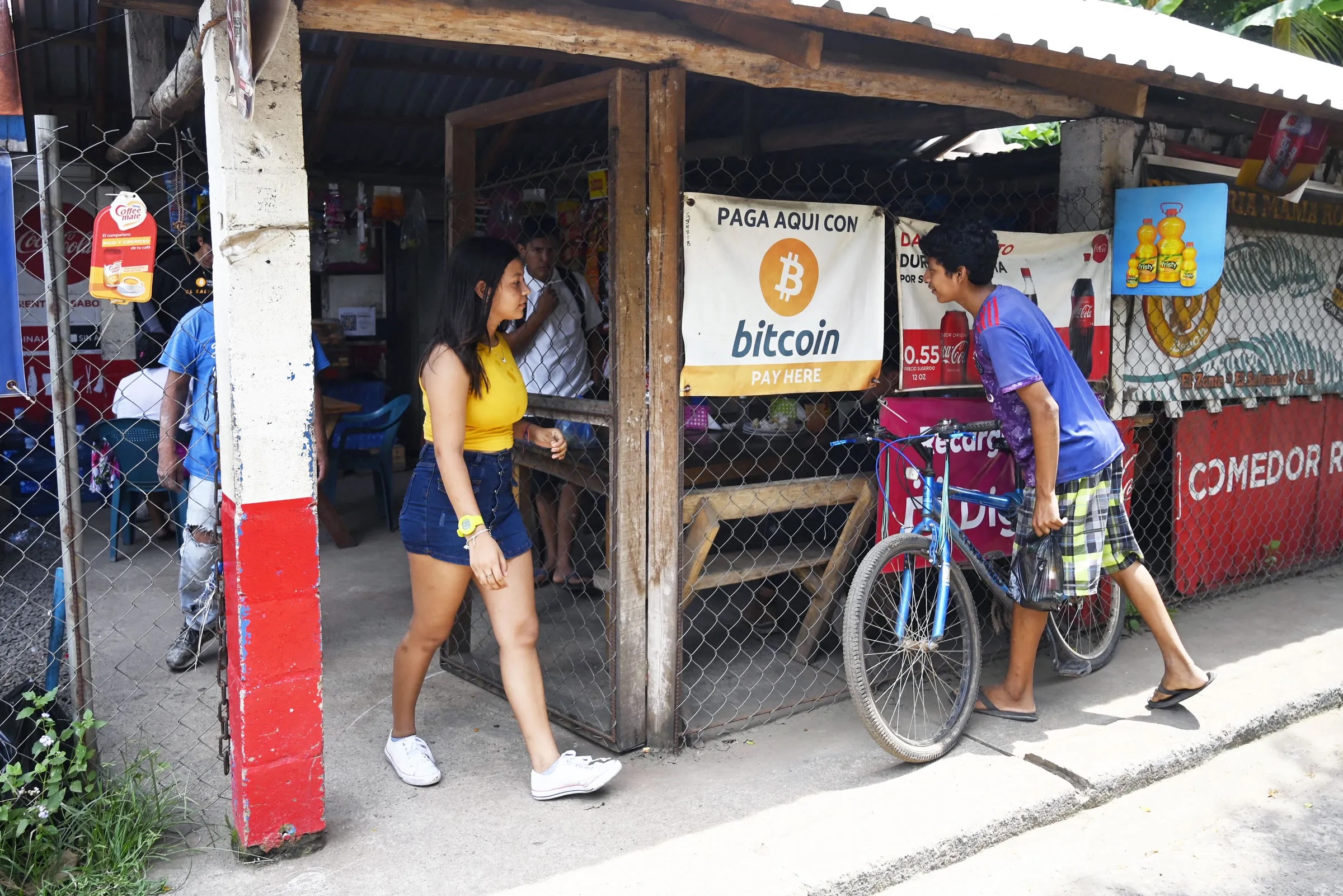
When it comes to countries punching above their weight in terms of international visibility, El Salvador is right up there. Its president, Nayib Bukele, has attracted attention for a number of reasons, both noble and some ignoble. He has reduced the homicide rate to one of the lowest in the Western hemisphere, at 2.4 per 100,000, in line with countries like Canada and Lithuania. But he has done that through draconian and, critics argue, undemocratic policies that lock up gang members without due process. One of Bukele’s flashier moves was to adopt Bitcoin and brand the country as a crypto-friendly haven. For Bitcoin enthusiasts, this has provided the small country rockstar status. Bukele’s first achievement, improving the safety of the country, allowed me to pay a visit to El Salvador in June 2024 and carry out my own assessment of whether the country is living up to the Bitcoin hype. The short answer is that while the infrastructure for widespread bitcoin use is in place, the country currently seems like a story of unrequited Bitcoin love.
Stepping foot in the capital, San Salvador, it is both hard to believe but also readily apparent through conversations with residents that the capital was recently too dangerous to visit. Although Uber was available and easy to use, I walked most places (about 15 km per day) and never once felt unsafe. Every single person I spoke with—at grocery stores, at an ice cream shop, at a pharmacy, selling mangoes on the street—would say that just a year ago, it would have been impossible to walk around the city, particularly after dark, because gangs ruled the road. There was widespread, nearly ubiquitous support for the president’s policies. I spoke to about 20 people in my several days there and only one had a spouse whose father did not believe the country was now headed in the right direction, consistent with public opinion data pointing to the president’s popularity.
Beyond the security policies, Bukele has touted the Bitcoin infrastructure almost as a symbol of technology modernity. He’s right, the country has invested considerable efforts to facilitate widespread Bitcoin uptake.
In 2021, the government granted citizens $30 in Bitcoin for downloading the Chivo wallet, the app developed by the government to promote Bitcoin adoption as legal tender by enabling the use and management of Bitcoin (and conversion to/from US dollars). Within a block or two of walking, I saw a Chivo machine and two Chivo employees who seemed to be tasked with outreach, explaining to people how to download and use the app for Bitcoin transfers. I spent about 30 minutes talking to the young man, an excellent brand ambassador who answered all of my questions about how to use it, the propensity for citizens to use it, whether there had been any obstacles to uptake among the broader population (no). During our exchange, no one else happened to stop by, although he promised that later that evening, the square would be packed and his outreach would be more fruitful.
Beyond the Chivo app and ATM, the government also invested in public education and outreach through the Department of Education. The department partners with a non-government organization, Bitcoin House, to write books about how Bitcoin works, how to use it, and how using Bitcoin contributes to financial freedom. I perused the books, which are distributed throughout the schools (at least in the capital). I found the books to be colorful, accessible, objective, and educational on the history of monetary policy. One individual I spoke with at Bitcoin House reported that just two years ago, teens were dropping out of school to join gangs. They are now staying in school and learning financial responsibility. The previous hopelessness that drove youths towards gang life has now been replaced with the promise of financial opportunity.
While at Bitcoin House, I met with an individual who used to drive taxis and Uber, but became an entrepreneur, starting a company called Bit Driver. Bit Driver employs 21 drivers who only accept Bitcoin as payment. This clever entrepreneur felt representative of the energy of many young Salvadoran men, taking advantage of a brighter future that melds Bitcoin and technological change.
Additional visible evidence of efforts to promote Bitcoin were an hour or two away at Bitcoin Beach. The town had several Bitcoin ATMs, various signs advertising businesses who accept Bitcoin, and a grass-roots Bitcoin outreach. I met with two of the individuals who work at the outreach bungalow who generously discussed the vision of Bitcoin Beach, which is to create a sustainable, circular economy using Bitcoin as the primary medium of exchange. Their next meeting after me was with a school group to explain the way Bitcoin works and how to use it in El Salvador.
Impediments to Broader Uptake
Despite all these promising efforts, the adoption of Bitcoin seemed like a failure to launch. Every major store accepted bitcoin, every Uber driver said that he had money stored in bitcoin, but daily financial transactions reflected a different story. Many people had downloaded Chivo for the $30, but reportedly never used the app. Bitcoin beach felt more like a mirage than an oasis, the promise of an enclave of Bitcoin enthusiasts but mostly a shell of a beach town (the pictures illustrate the yawning gap between the invitation and hope and the unmatched reality). Street food vendors, grocery cashiers, and mall clerks were not conducting transactions in Bitcoin.
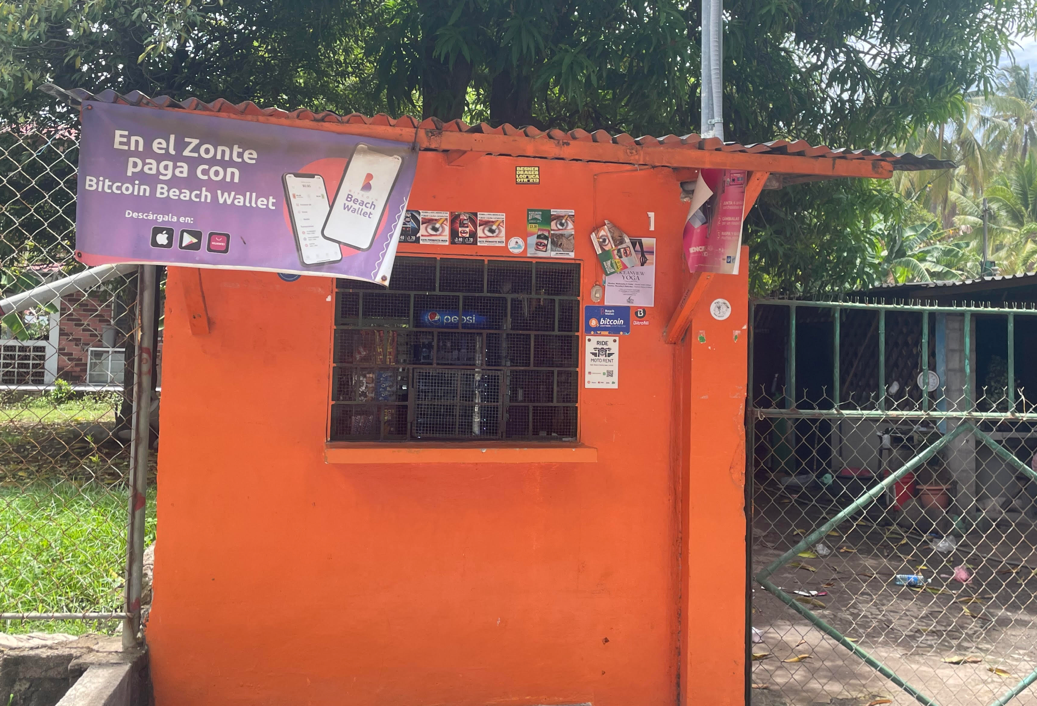
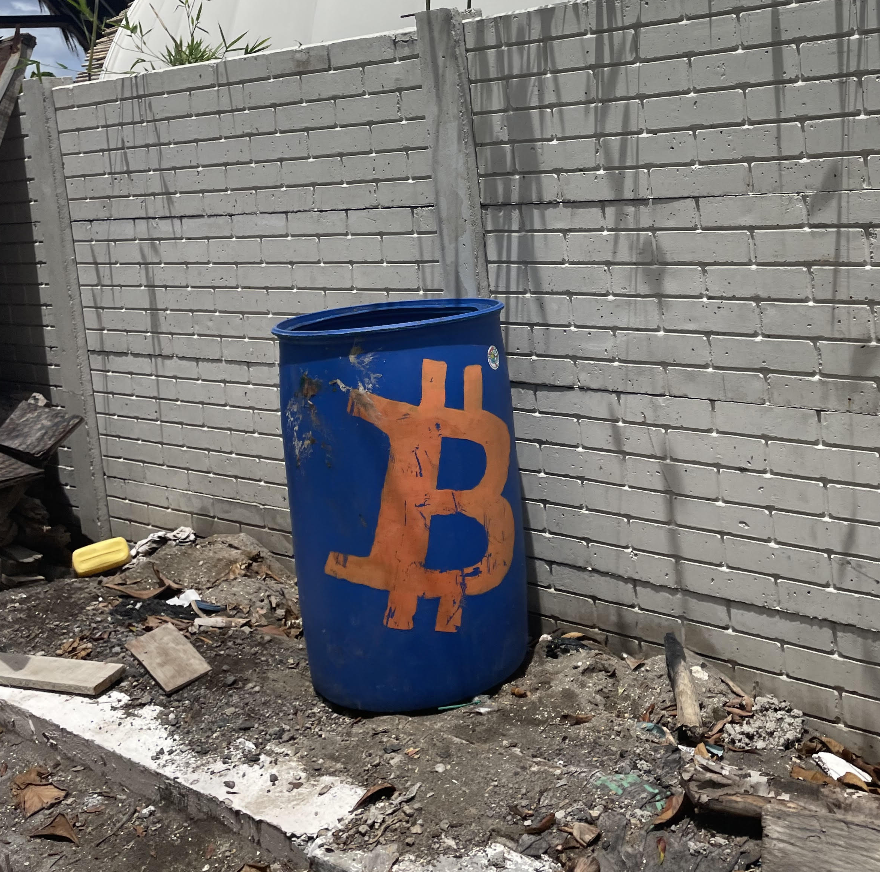
The question is, why has Bitcoin not taken off yet, and what might lower the barriers to daily use?
First, cash is still king in El Salvador. American cash. Several years ago, El Salvador adopted the US dollar as its national currency. Thus, due to the adoption of the US dollar, residents of El Salvador do not experience currency volatility the way they did when the colón was the national currency. The bitcoin use case cited for Venezuela and Argentina—i.e., as a hedge against inflation and erosion of financial value—does not exist in a country that has adopted the dollar (the world’s reserve currency) because of the dollar’s stability. Residents feel secure holding US dollars, and because of this, physical cash is often the preferred medium of exchange for everyday transactions.
Second, basic technological penetration, at least in terms of actual ability to accept Bitcoin, appeared low. While almost everyone was on a mobile phone, almost no one seemed to pay with a phone, or even with a credit card. The majority of financial transactions seemed to be in cash: American dollars and in particular, dollar coins that had long fallen out of favor in the United States. My pockets were heavy with coins because my Apple Pay or credit cards were not financial mainstays the way they are in the US. Larger transactions at the mall were possible with a credit card, but from what I could tell, everyone used cash. The grocery store had a lane that accepted Bitcoin (see below), the Wal-Mart pharmacy accepted Bitcoin, but no one I talked to or saw was using it as legal tender in these day-to-day ways.
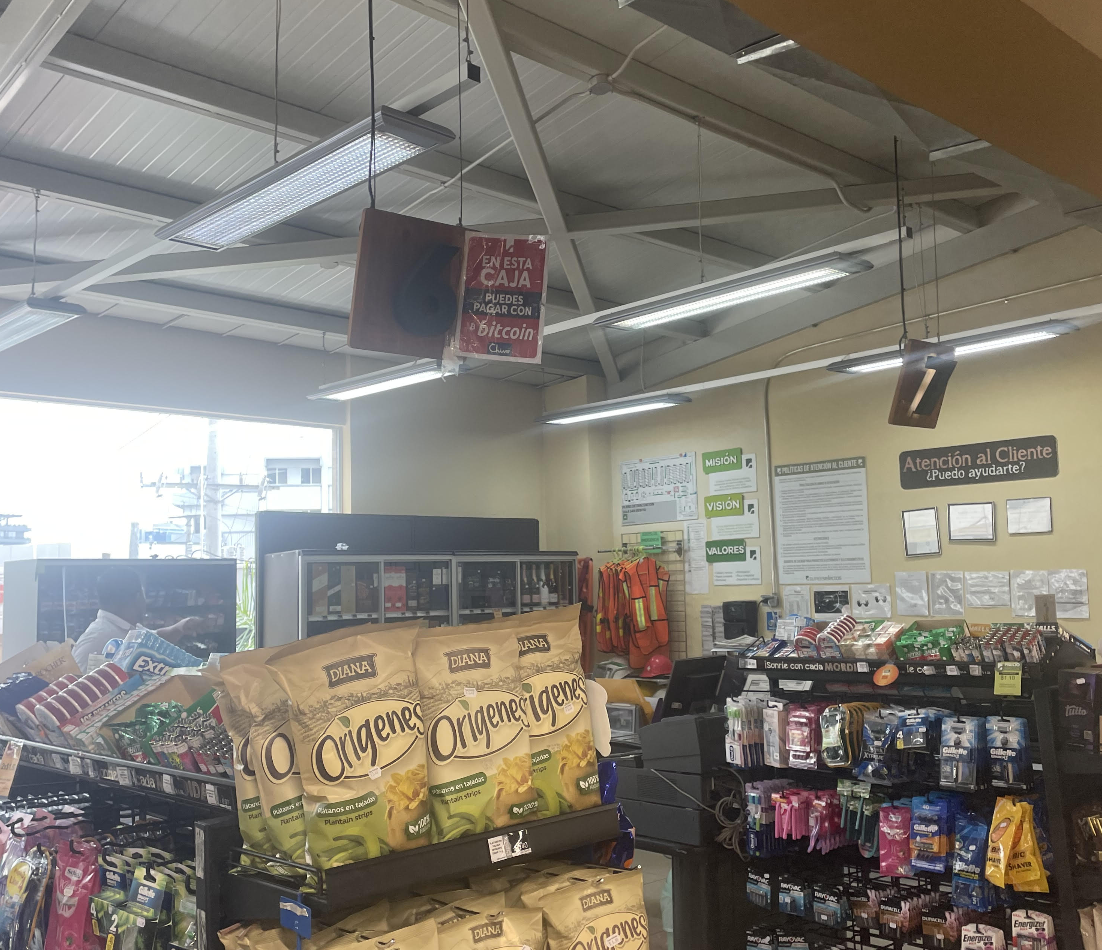
Third, behaviors tend to be path dependent even if they are economically inefficient. In 2021, remittances from Salvadorans in the United States back to El Salvador were $7.1 billion, one-quarter of El Salvador’s Gross Domestic Product, according to the US State Department. Those exchanges are no doubt easier, cheaper, and faster with Bitcoin, in which people do not have to pay the wire transfer fees. El Salvador’s President Nayib Bukele had said that Salvadorans pay $400 million per year in fees and could save huge sums of money by using bitcoin, although it appears that under 2% of total remittances are through Bitcoin, which suggests an untapped potential for savings.
For years, Salvadorans have used services such as Western Union to transfer money from the United States to relatives back home. In San Salvador alone, there are 30 locations which co-house Western Union services, ranging from pharmacies to financial institutions. People continue to go to these locations that they have used and trusted for years, receiving cash transfers, even if they are paying a few percent in fees. They may simply see those fees as a cost of doing business, or perhaps they do not have reliable internet or smartphone access, and thus visiting local in-person agents is a more reliable solution. These patterns become self-perpetuating - lower uptake means remittances via bitcoin will not flourish until both parties accept and readily use bitcoin.
The Path Forward
Despite the gap between expectations and reality, one could argue that the “if you build it, they will come” theory may bear out here. Only recently has El Salvador been safe enough to walk in, let alone visit or invest in. Across the street from my hotel was a new glass high-rise with Google emblazoned on the side, a visible mark of foreign investment in a country that has a laudable work ethic and a low cost of living. Many other companies are likely to follow, which will introduce broader adoption and acceptance of electronic payments that have become commonplace in countries like the United States, Europe, and much of Asia.
Relatedly, a cash society is less practical as the standard of living increases. Indeed, as the per capita gross domestic product continues to increase, holding and using larger volumes of coins will become less feasible.
Lastly, El Salvador may not have an inflationary use case, but Salvadorans do have a strong remittances use case as millions of dollars are spent on transaction fees. Further, given that the Bitcoin enthusiasts I spoke to were young, demographics will work in favor of wider adoption over time. As the potential user base grows, so will the possibility that a remittance sender and recipient will both use bitcoin, which will increase the frequency of use and bring the Bukele vision in closer conversation with reality.



.svg)



.png)
%20copy%205.png)
